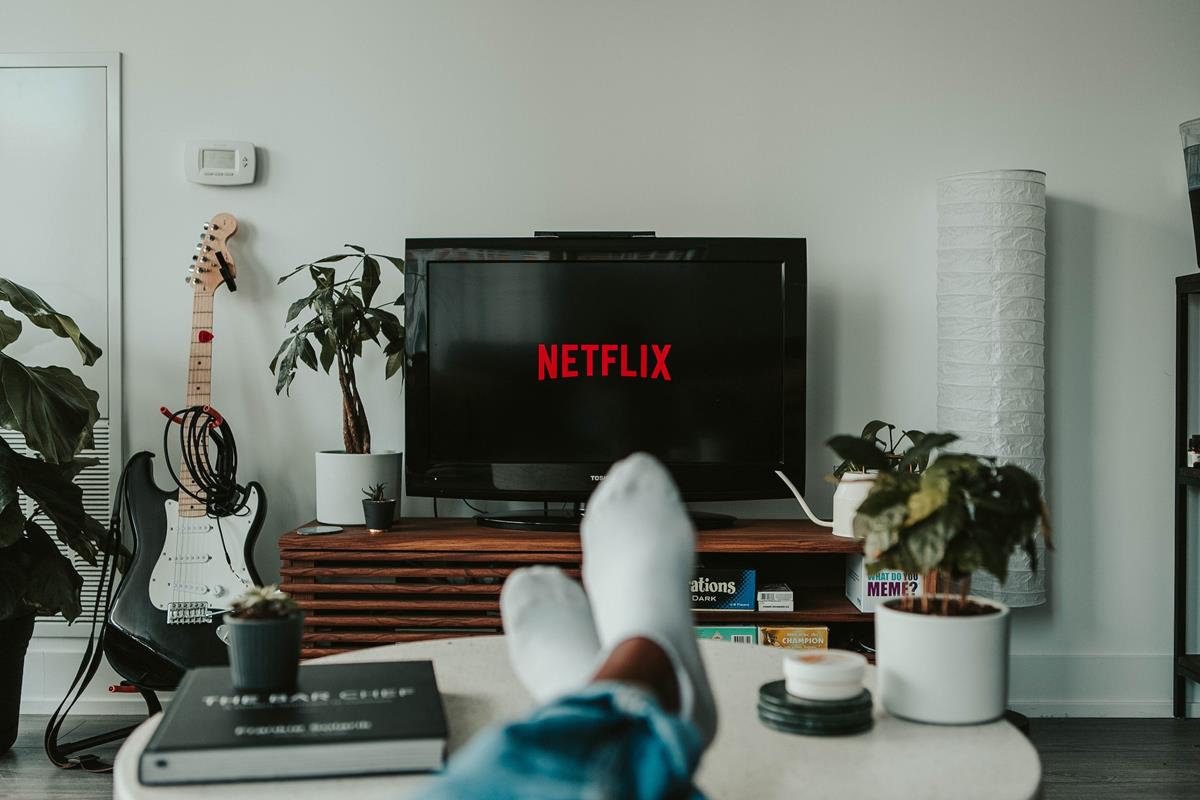“New signups” being the operative term here, not necessarily new paid subscriptions
It should be noted as well that Netflix has a weird hyper fixation on getting as many new signups as possible instead of user retention. That’s a big reason why so many shows that seem so big get cancelled, they aren’t bringing new sign ups in the eyes of Netflix, its their core business model. It’s really weird and I personally think it’s not a sustainable business model whatsoever, but I feel that it puts their password sharing policy into perspective better here.
This actually does help explain a whole lot of baffling things that they do
Does that mean there is a free tier?
I feel like the logical solution to this mess to prevent the mass resurgence of piracy would be extending laws regarding libraries to include a fairer right to distribution of digital content and funding libraries to create streaming platforms that incorporate what patrons want, bringing the physical CD/DVD collection to the digital age. But that would also require funding libraries more and potentially letting poor people access to premium media.
Some libraries do actually do this but nowhere near enough, the funding just isn’t there for many of them.
The reason for that is precisely because laws regarding digital library content distributions haven’t been updated to reflect the digital age. It would be far more common if digital content was treated similarly legally to physical content for libraries, but the fact it isn’t is directly exploited by publishers and digital content companies. You might assume since it’s a digital file that it would be forever, but arbitrary fees and limitations that physical library content legally cannot have been (and are) consistently applied to digital library content. Especially ebooks and audiobooks. From circulation number-based expiration (file deletes itself after three patrons check out, etc), date expiration (file auto deletes in 3 months or whatever number the publisher wants, for example), price gouging by publishers (ebook prices and audiobook prices are often triple the normal library book copies), and the most annoying of all, time-based restrictions. When new books are published by larger publishing houses (especially hyped books), libraries are often limited to how many digital copies they can buy for a period of time to essentially try and force patrons to buy the books. Different publishers have entirely separate policies, and some are just on a book-by-book basis on how much extra money they can squeeze out of libraries. Believe it or not, Disney’s book publishing arm actually tends to have the fairest pricing policy of most other larger publishers.
They do this because they know it works. People will kick up a stink and threaten to boycott, but ultimately most humans will cave to convenience eventually.






